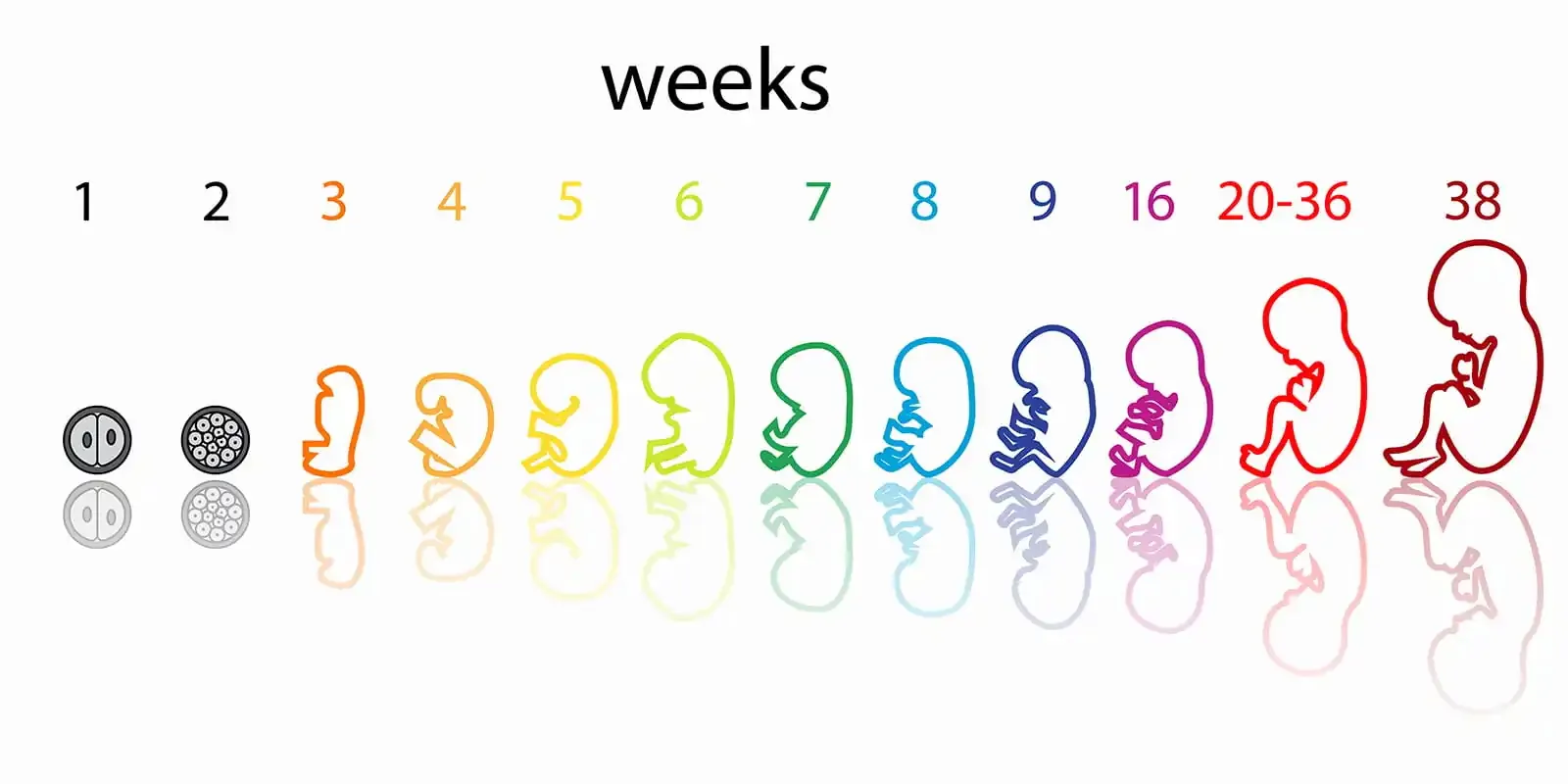A high-risk pregnancy is defined as a pregnancy that presents an increased risk of complications and may affect the health of the pregnant woman, the fetus, or both in some cases.
High-risk pregnancies represent a significant portion of pregnancies worldwide, and it is estimated that about 8-10% of pregnancies are classified as high-risk.
These pregnant women need to be systematically monitored, ideally by a specialized gynecologist or other medical specialities, and receive additional care before, during, and after childbirth.
Some of the most common factors that can lead to a high-risk pregnancy include advanced maternal age (over 35 years), obesity, chronic diseases such as diabetes or hypertension, and multiple pregnancies (such as twins or triplets).
If you are going through a pregnancy considered high-risk, it does not necessarily mean that you or your fetus will have problems, as most women manage to have a smooth pregnancy and a normal childbirth.
High-risk pregnancy: Factors and causes
The factors and causes that cause a high-risk pregnancy include:
-
Pre-existing conditions of the pregnant woman, such as:
- Asthma
- Autoimmune diseases, such as lupus or multiple sclerosis
- Gynecological diseases, such as fibroids and Polycystic Ovary Syndrome
- Blood clotting disorders, such as thrombophilia or haemophilia
- Epilepsy
- Heart problems
- Kidney or thyroid diseases
- Obesity or low body weight (Body Mass Index above 30 and below 18.5 respectively) and nutritional disorders
- Mental health problems, such as depression
- Diabetes
- Sexually transmitted diseases, such as HIV/AIDS
- High blood pressure
- Teratogenic drugs
-
Conditions that appear during pregnancy or are related to it, such as:
- Developmental problems, genetic abnormalities, or diseases of the fetus
- Placental abruption
- Gestational diabetes
- Depression
- Infections, such as rubella and toxoplasmosis
- Multiple pregnancies, i.e., pregnancies with more than one fetus
- Preeclampsia
- Previous preterm birth or complicated childbirth
- History of miscarriages
-
Factors related to lifestyle and habits
- Smoking
- Alcohol abuse or use of narcotic substances
- Age under 17 or over 35 years

What to Do If I'm Afraid of Having a High-Risk Pregnancy?
Whether you already know you will have a high-risk pregnancy or are concerned and want to do everything you can to manage it, the most important step is to seek medical help.
If you want to get pregnant, schedule an appointment with us before you become pregnant to identify potential risks for you or your baby in advance. Additionally, if you already have a condition and are receiving treatment for it, the treatment may need to be adjusted, always in collaboration with the doctor who is monitoring you.
High-Risk Pregnancy Complications: What Are the Symptoms?
It is important to know what symptoms may signal pregnancy complications. If you have any of the following symptoms, you need to contact your gynecologist immediately:
- Shortness of breath
- Vomiting
- Exhaustion
- Dizziness or fainting
- Blurred vision
- Abdominal pain or cramps
- Vaginal bleeding
- A headache that does not subside but becomes more intense
- Chest pain
- Itching, redness, or pain in the extremities and face
- Thoughts of harming yourself or the embryo
- Absence or slowing down of fetal movement
- Rapid heartbeat
- High fever
How Will We Help You?
If you want to get pregnant, are already pregnant, or have been diagnosed with a condition that is a high-risk pregnancy factor, it is important to visit us to determine the potential risks to your health together. We will take your history in detail concerning previous conditions, pregnancies, and gynecological diseases and guide you throughout your pregnancy.
A high-risk pregnancy can be an extremely stressful period for you and your partner, as frequent and systematic examinations, visits to other doctors, diet adjustments, and other difficult situations may be required. That's why our communication is not limited to office visits or examinations. We are available at all times to offer advice, answer questions, give directions, and reassure you so that you have as calm a pregnancy as possible. Our communication, of course, does not end with childbirth, as complications may occur up to six weeks after the end of pregnancy.
Sources:
https://my.clevelandclinic.org/health/diseases/22190-high-risk-pregnancy
Εξειδικευμένος στην παρακολούθηση κυήσεων υψηλού κινδύνου (MSc in High-Risk Pregnancy)
Εξασφαλίστε την καλύτερη φροντίδα για εσάς και το μωρό σας. Καλέστε μας σήμερα στο 6974614818 ή κλείστε ραντεβού online.


